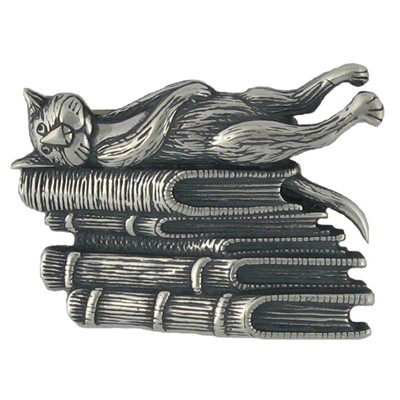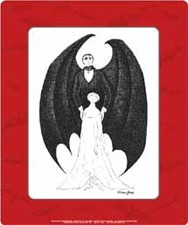
The sixth season of Showtime's Dexter illustrates how this fine series continues to explore new aspects of its murderous hero, played by Michael C. Hall, at left.
Dexter, based on Jeff Lindsay's novels, follows Miami's most unusual serial killer -- a murderer who gleefully dispatches his victims but whose code, honed by his adoptive father, requires him to prey only on those much worse than he. Dexter would never kill a child or any innocent person. But child killers, pedophiles, wife muderers, gangsters and the like are fair game.
In many ways, the Showtime series has proved to be a stronger, more emotionally involved and thoughtful examination of Dexter Morgan than have Lindsay's novels. Both meld humor with hard-boiled plots with existentialist musings from this serial killer. By day, Dexter works as a blood splatter expert in the Miami Police Department.
Both TV and book series tap into the feeling of being an outsider. Dexter is constantly trying to figure out if he fits in, if his reaction to events of the day are what a normal person would have. Each of us – whether we admit it or not – worries when we’ll be “unmasked,” in our professional or personal life. We also worry about how others perceive us.
I said in one of my book reviews: "Lindsay keeps the reader off kilter by making Dexter a bundle of contractions: a funny, killing machine who is genuinely concerned about children; guiltless about his actions, yet meticulous that he be right about his victims’ corruption. Dexter should be repulsive, but isn’t."
And reality is what the TV series maintains while the novels have often veered into the supernatural. While I have disagreed with a few changes the TV series has made -- especially the ending of season four -- Showtime's Dexter has never strayed from the killer's complicated and complex personality.
As Dexter, Michael C. Hall is perfect, showing every emotion and even the character's innocence. The TV series keeps the episodes crisp, the dialogue real and everyone looks as if they really are a cop or, in the case of Dexter, a blood splatter expert. And they also look as if they have just been in the oppressive heat of South Florida.
Each season has focused on how Dexter deals with life -- marriage, fatherhood, loss, family life.
This year, Dexter's spiritually, or lack of it, is explored as two religious loons, played by Colin Hanks and Edward James Olmos prey on South Florida.
The sixth season's opener in which Dexter attends his high school reunion was priceless. Unlike in high school, Dexter is now quite the hunk and finds that many of the women are lusting after him. But he is there for one reason. In high school, only one girl was nice to him. Dexter wants to find out if the girl's high school boyfriend who became her husband murdered her. Dexter is not disapponted at the reunion.
Oddly, for a TV series that deals with an unmerciful killer, the way the opening segment plays on perceptions is often the most violent.
Lindsay's sixth novel Double Dexter is now out and is one of the author's strongest.
Dexter airs at 9 p.m. Sundays on Showtime with frequent encores.



 $16.99 Gashlycrumb Tinies Lunchbox
$16.99 Gashlycrumb Tinies Lunchbox

 The couple, married since 2005, often show up together on talk shows and Coco has appeared twice on Law & Order: SVU, both times as a porn actress.
The couple, married since 2005, often show up together on talk shows and Coco has appeared twice on Law & Order: SVU, both times as a porn actress. As far as writers, well, we'll see.
As far as writers, well, we'll see. 
